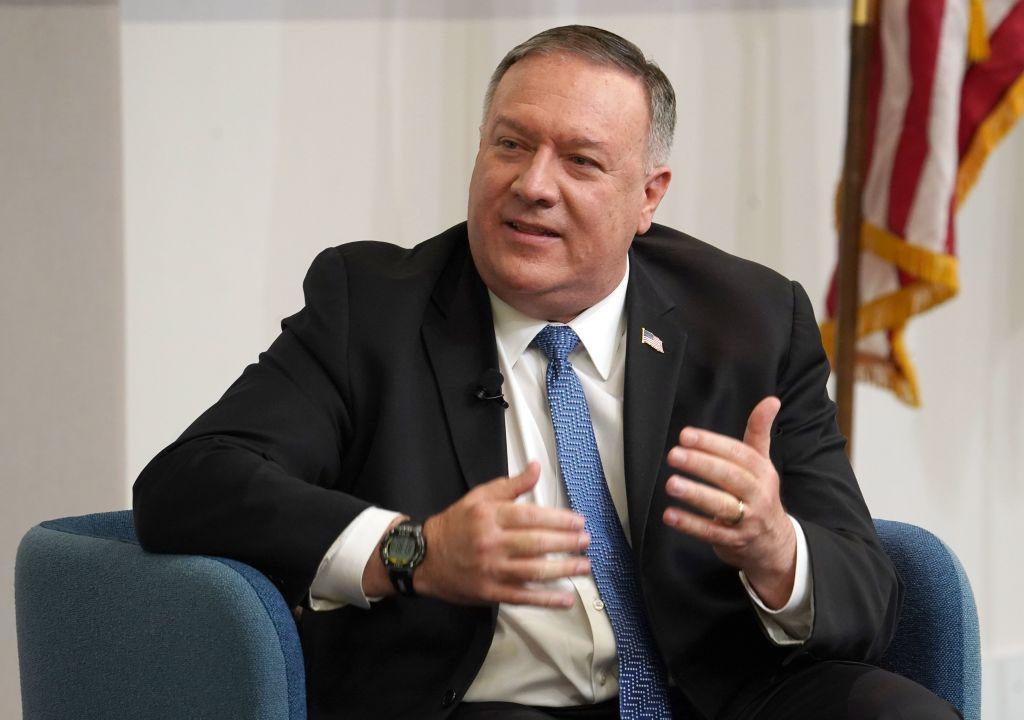Secretary of State Mike Pompeo on Dec. 14 voiced support for arrested Hong Kong activist and media tycoon Jimmy Lai, noting that his case demonstrates the Chinese Communist Party (CCP)’s threat to the free world.
“Jimmy Lai is a true patriot. He cares deeply about the people of Hong Kong, as does our administration ... [Lai] was simply trying to speak about the basic rights for the people of Hong Kong,” stated Pompeo in an interview with Newsmax, according to a transcript from the State Department.





